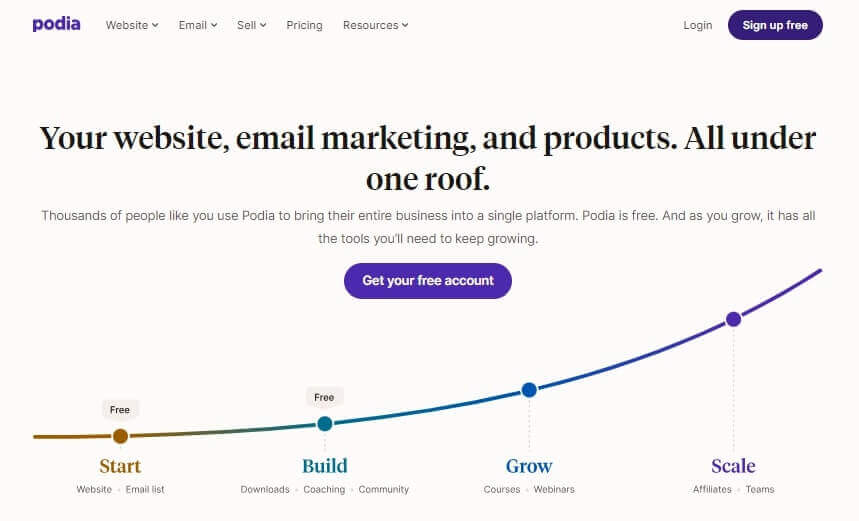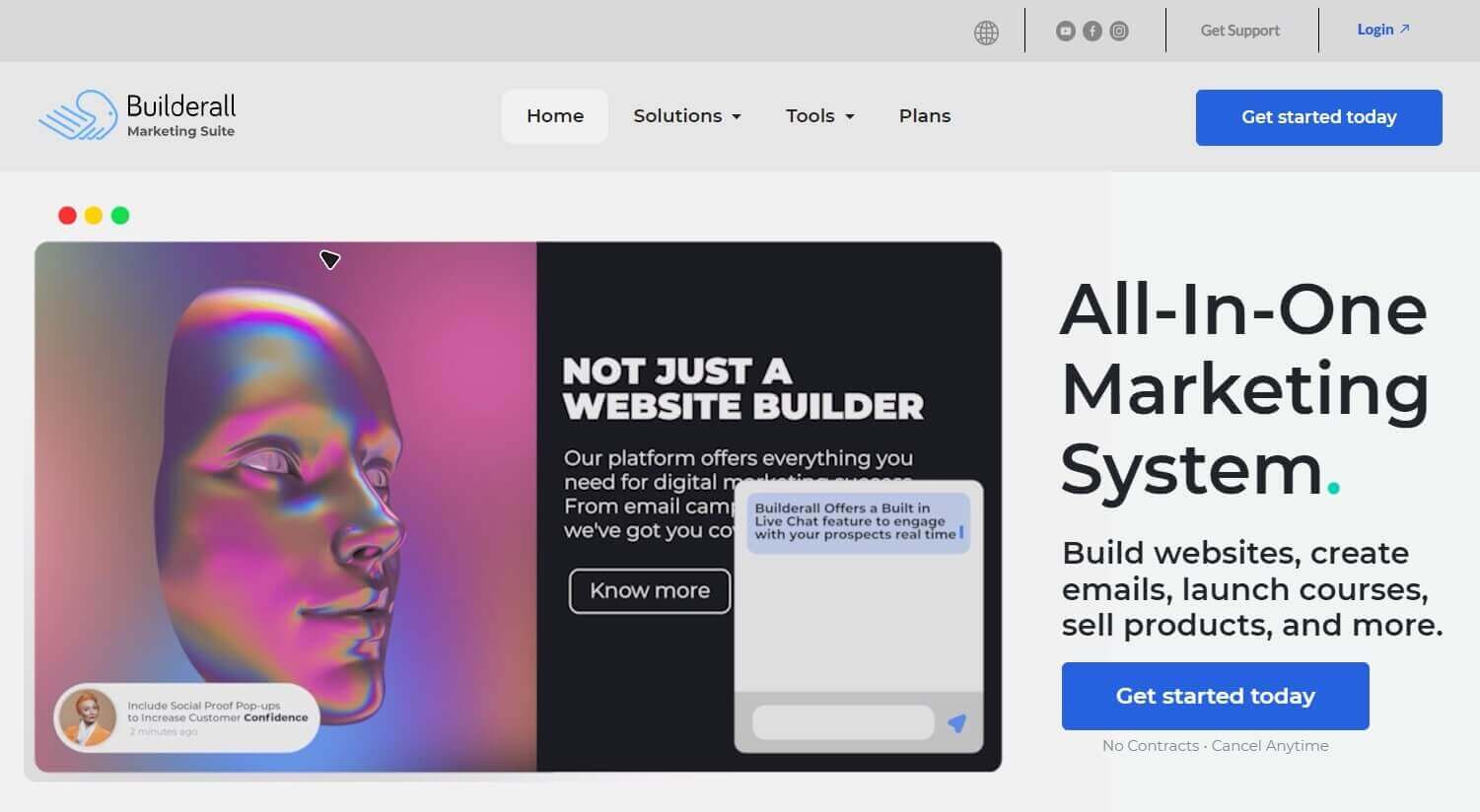Our view at Stack - our team love using Miro as an online workspace for innovation, enabling distributed teams to dream, design, and build together. With a full set of collaboration capabilities, it simplifies cross-functional teamwork, meetings, and workshops. Create concepts, map user stories, and conduct roadmap planning in real-time.
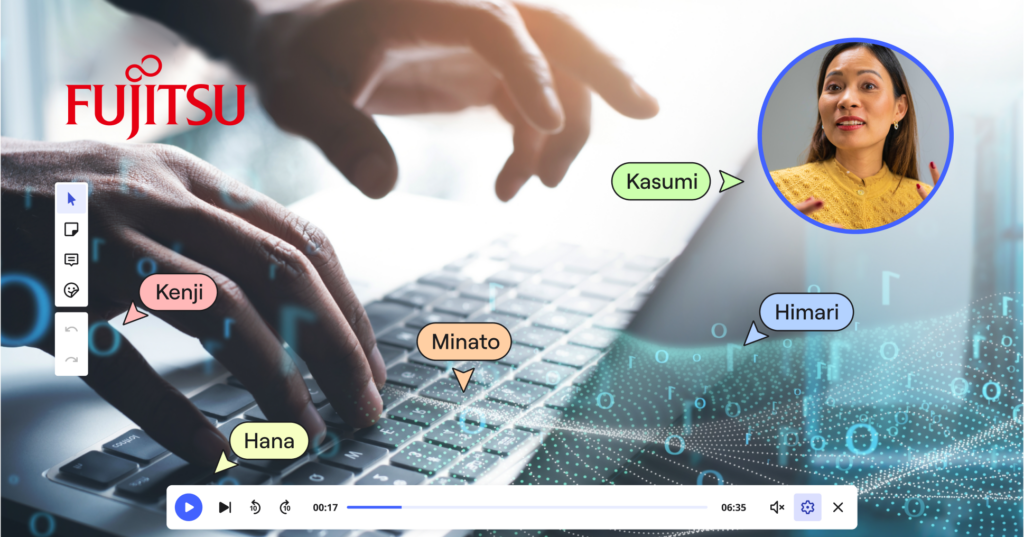
The number one IT company in Japan, Fujitsu is a global leader in technology and business solutions with a mission to make the world more sustainable through innovation. Continuously working to deliver impact for customers, Fujitsu’s wide portfolio of technology services, solutions, and products range from computing to AI and data security.
With offices all over the world, Fujitsu is always striving for more efficient methods of communication. While Miro is used for project planning, visual reporting, and brainstorming workshops, its ability to help team members connect effectively from anywhere at any time with tools like Talktrack has been a game-changer.
Story highlights
- Teams at Fujitsu had too many meetings, making it impossible to efficiently get work done. Plus, written communication often fell short on correctly conveying the meaning of the message.
- Using Miro’s Talktrack tool, Fujitsu teams have been able to more effectively organize meetings, share updates, and communicate key messages from senior leaders.
- This asynchronous yet effective communication tool allows Fujitsu to save time as well as increase productivity. It also helps create a better team culture.
Watch the video
[embedded content]
The problem: Too many meetings, and ineffective asynchronous communication
For Kimura Kayo, Change Practitioner at Fujitsu, the age-old problem of “too many meetings” is one that significantly impacted her ability to execute on her work. Before incorporating Talktrack into daily operations, she managed a very hectic schedule, making it difficult to accommodate any new meetings.
However, Kayo needed to be able to swiftly share information that goes beyond the limitations of text-based messages, especially when conveying subtle nuances or planning projects.
Miro’s Talktrack feature was game-changing for the team’s ability to organize thoughts and project plans. Talktrack is a feature that allows users to record immersive audio or video walkthroughs of a Miro board. Once recorded, these walkthroughs serve as a dynamic way for teammates to asynchronously review and understand the content of the board. The unique aspect of Talktrack is that collaborators can interact with these recorded board walkthroughs, navigating through the board as if they were present during the original session. By summarizing content on Miro boards asynchronously, the need for scheduling additional meetings just for information sharing was eliminated. This streamlined approach effectively addressed the issue of an overly packed schedule.
Talktrack’s utility extends across various scenarios, offering a versatile communication platform. Using Talktrack helped Kayo facilitate a recent event featuring speakers from Miro, Asana, and internal team members. Scheduling individual meetings with each participant would have been a logistical challenge, but Talktrack simplified the process by enabling the sharing of a single link. The collaborative accomplishments, including the compilation of the event’s theme and plan on a Miro board, underscored the effectiveness of Talktrack. Additionally, Kayo’s supervisor utilizes Talktrack to succinctly summarize key points on a Miro board after important team meetings, fostering more efficient communication.
The tool also proved invaluable when dealing with potentially sensitive messages within the team. Instead of relying solely on text, Talktrack provided a more nuanced and sensitive means of conveying messages, avoiding the risk of coming across the wrong way.
The result: Faster and more effective communication, improving team dynamic
The impact of Talktrack on Fujitsu’s team dynamics is twofold. Firstly, it accelerates asynchronous communication, enhancing the speed of information exchange and reducing the need for meetings. Secondly, and perhaps more significantly, it addresses the challenge of conveying nuances that may be lost in text-based communication. Kayo notes a particular nuance prevalent in Japanese communication, where overthinking the underlying meaning of written messages can lead to delays in response. By relaying messages into a concise 1-2 minute recording, Talktrack curbs overthinking and provides clarity on the tone and intent.
Now in any instance where content might be complex, Kimura turns to Talktrack over text-based communication within the team. This strategic approach not only saves time but also ensures a more accurate transfer of information. In essence, Talktrack emerges as a preferred tool for overcoming scheduling challenges, facilitating collaborative efforts, and enhancing the subtleties of communication within a large distributed team.
If Miro is of interest and you'd like more information, please do make contact or take a look in more detail here.
Credit: Original article published here.


![Download Now: 100 ChatGPT Prompts for Marketers [Free Guide]](https://no-cache.hubspot.com/cta/default/53/c497a8fe-0f60-4244-9cb1-5bed4d1e5ab6.png)

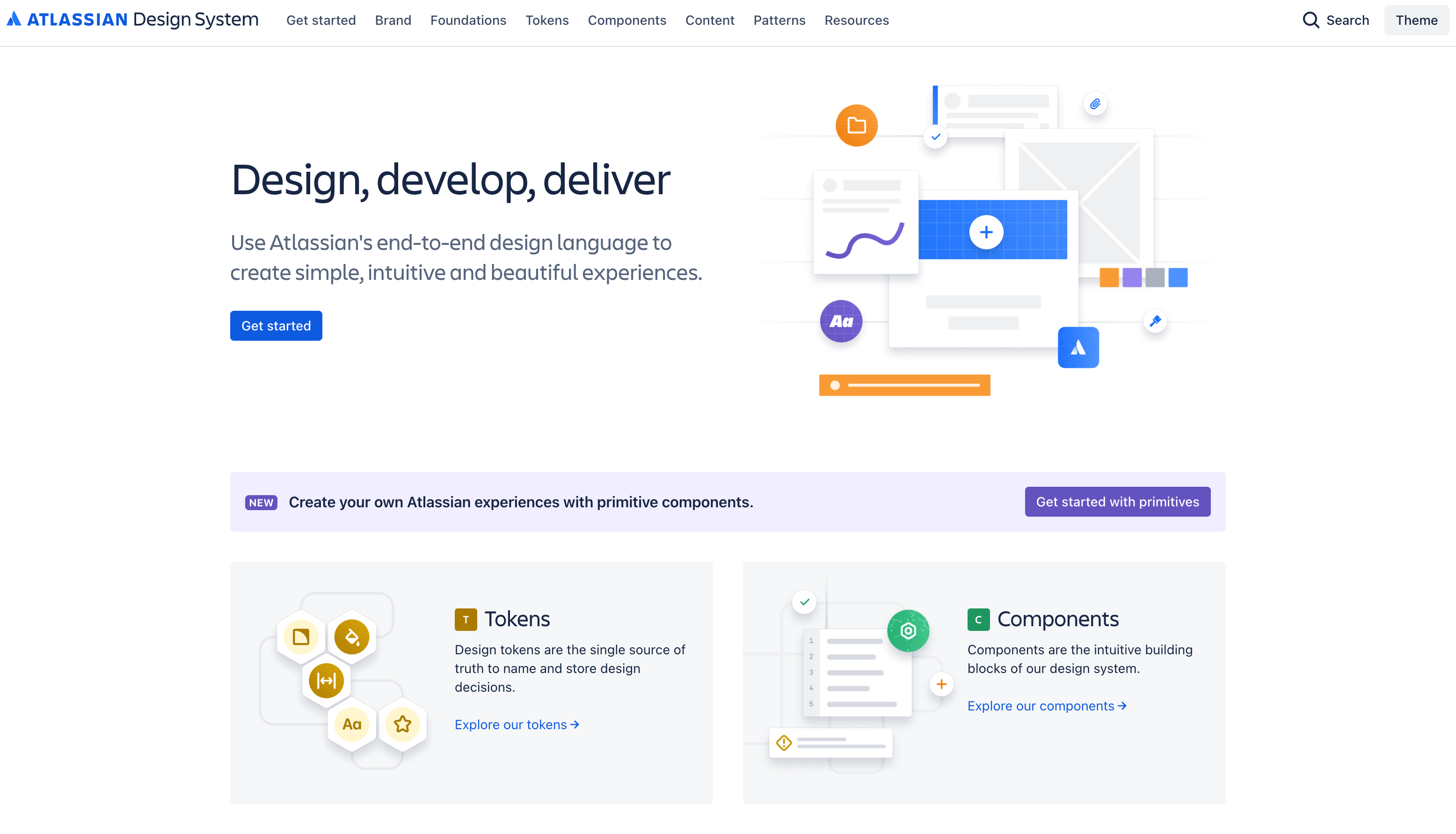
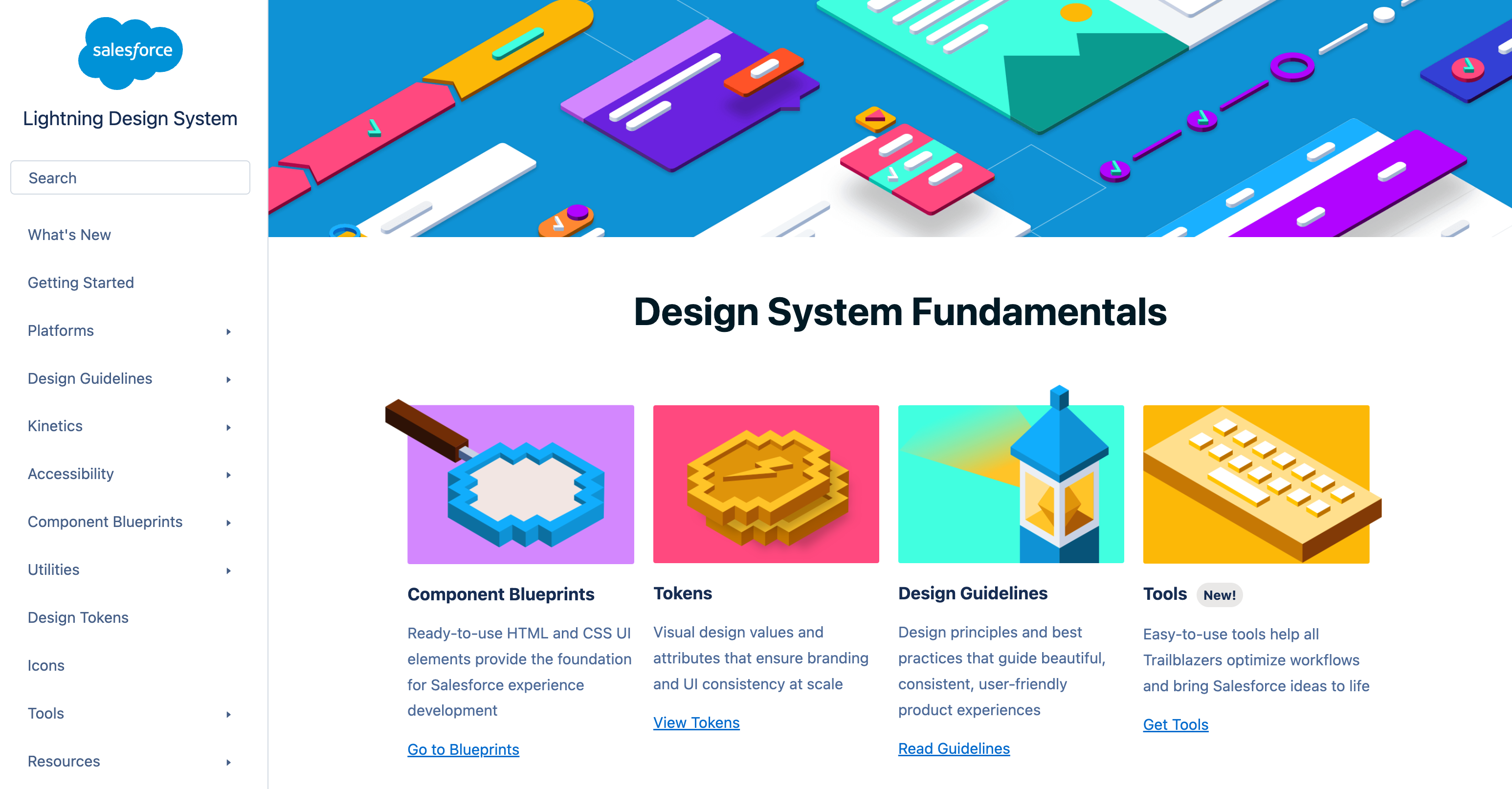
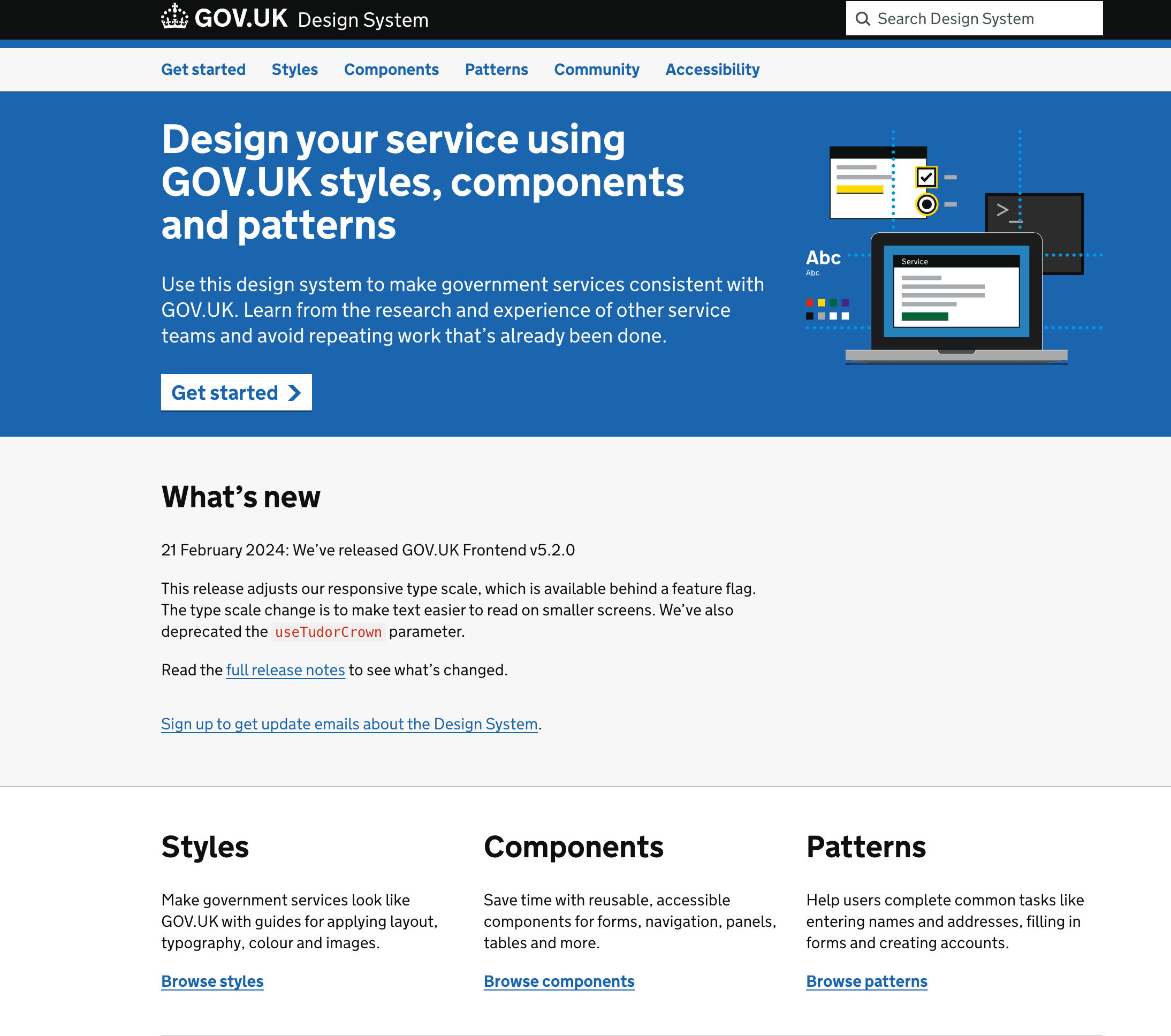
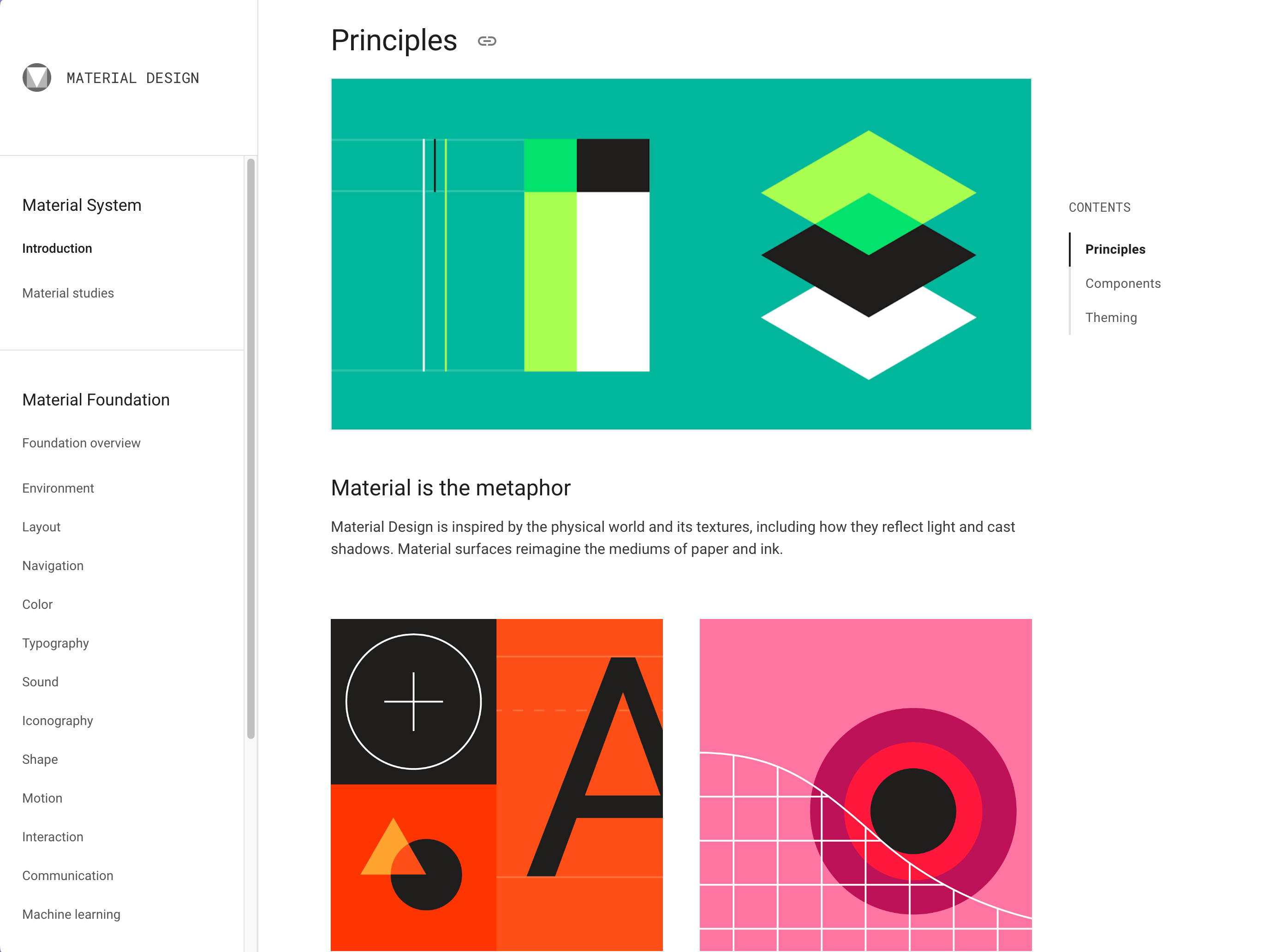
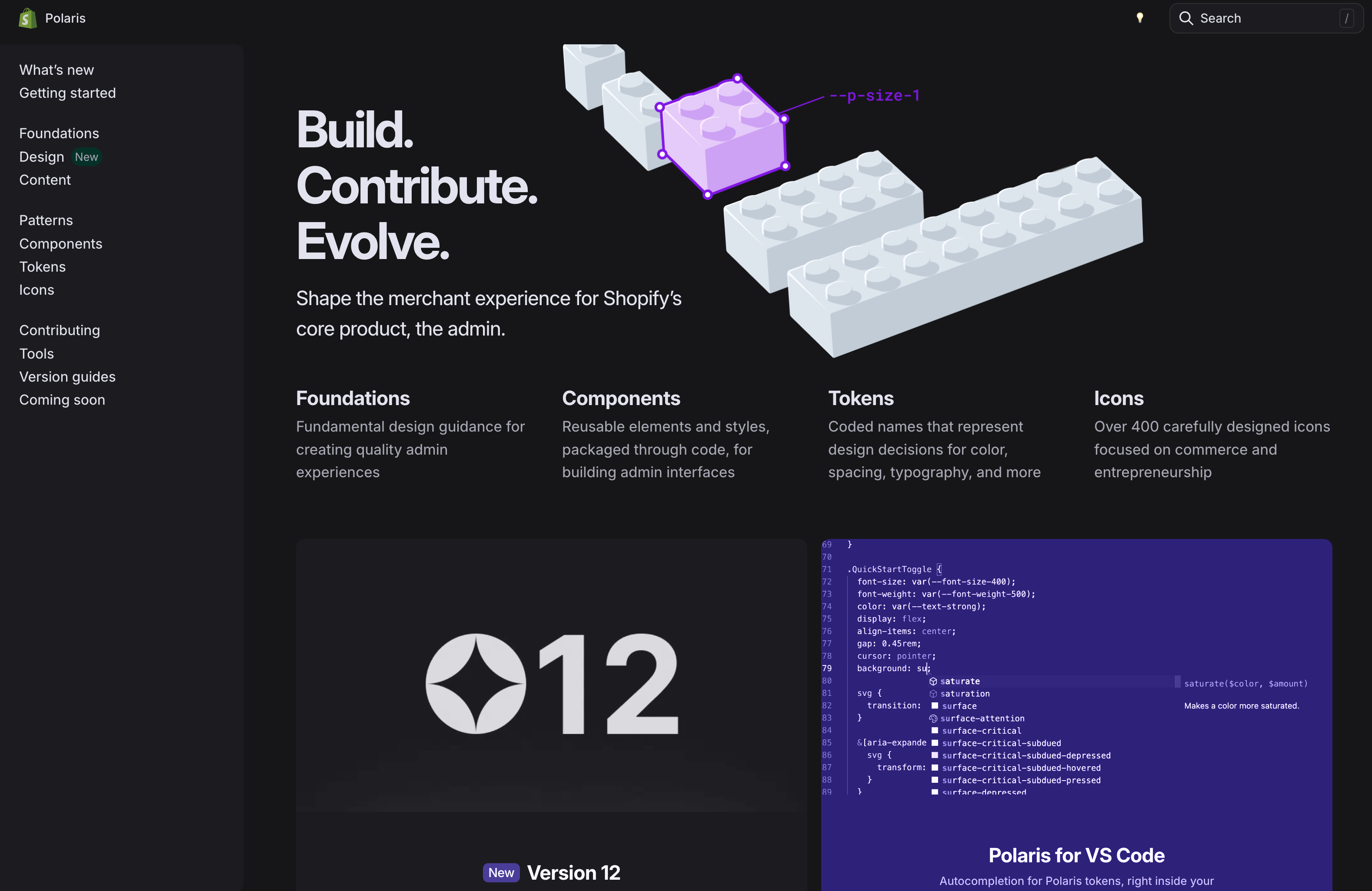
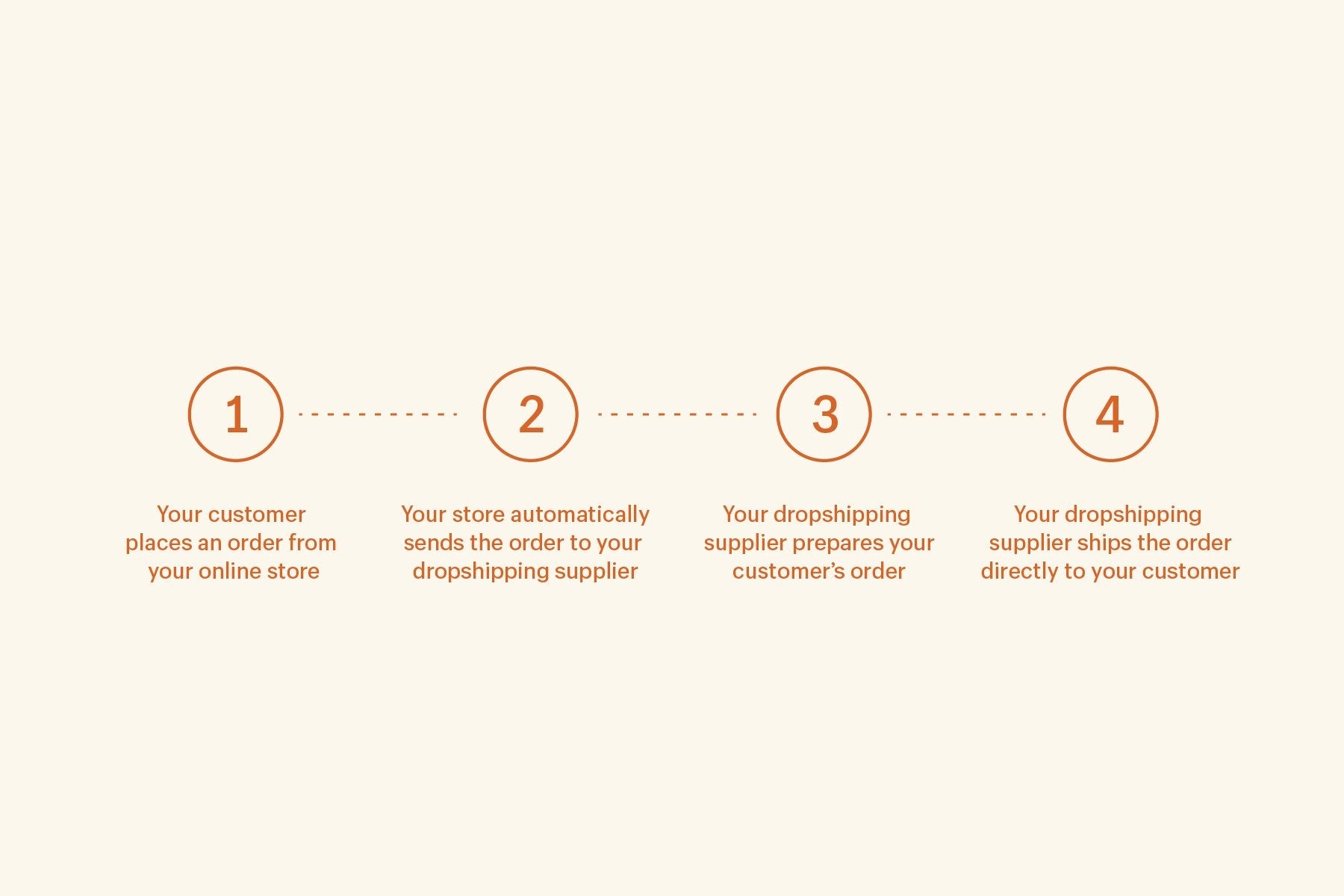

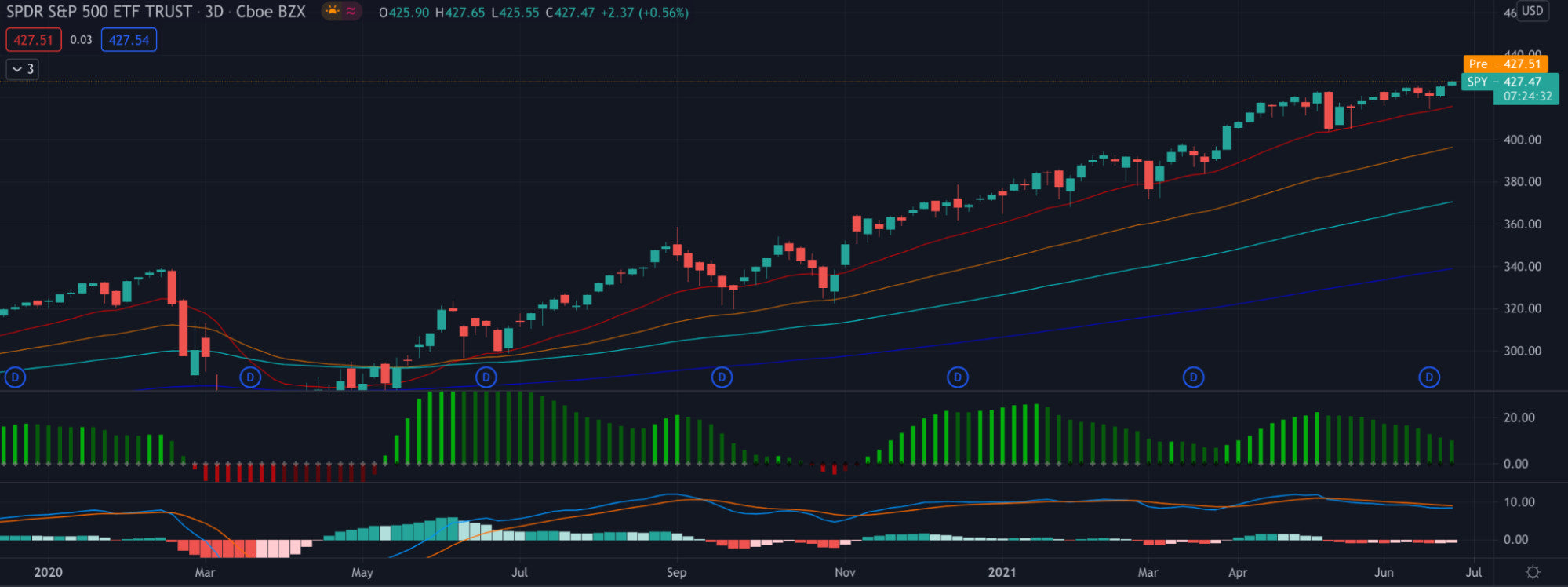



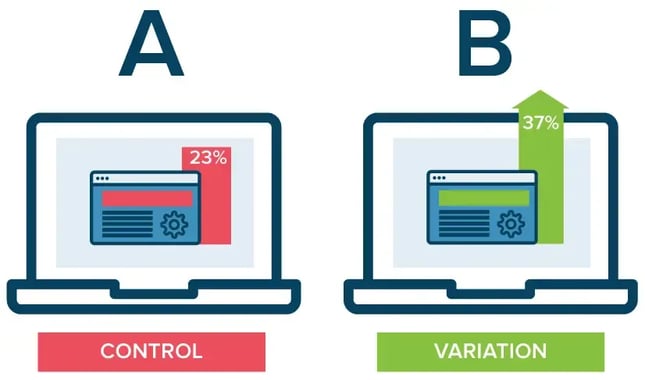
 Before the A/B Test
Before the A/B Test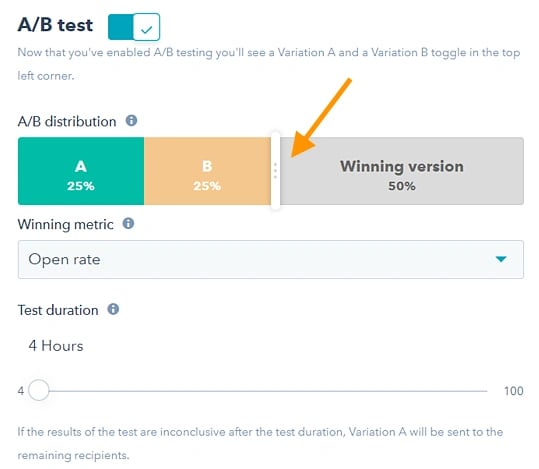



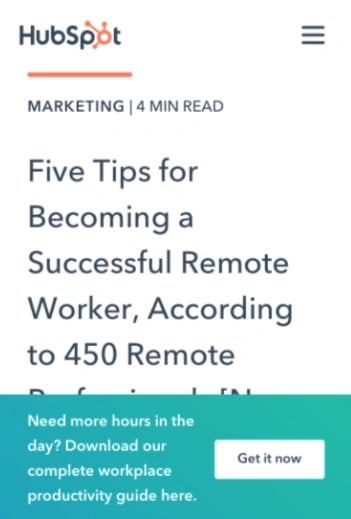
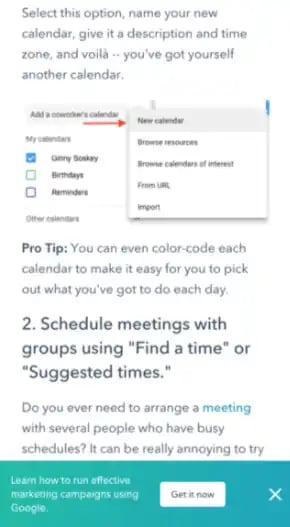 Image Source
Image Source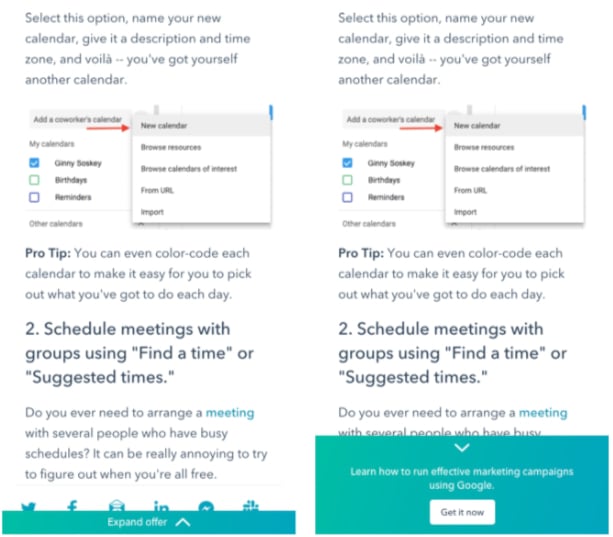 Image Source
Image Source


 In variant B, the new TOC module was added to blog posts. This module was sticky, meaning it remained onscreen as users scrolled down the page. Variant B also included a content offer CTA at the bottom of the module.
In variant B, the new TOC module was added to blog posts. This module was sticky, meaning it remained onscreen as users scrolled down the page. Variant B also included a content offer CTA at the bottom of the module.

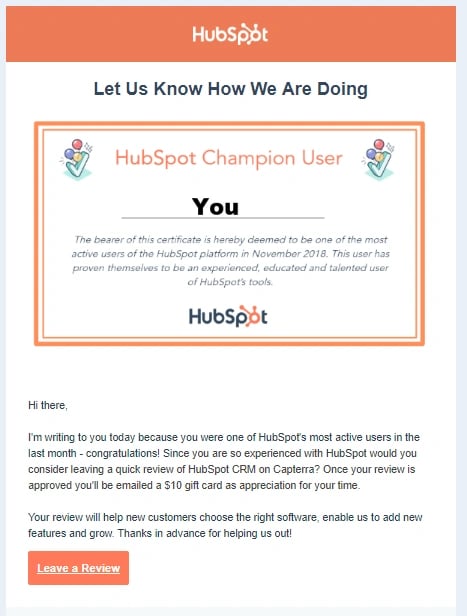



![Download Now: Free State of Marketing Report [Updated for 2024]](https://no-cache.hubspot.com/cta/default/53/db725f24-564c-483b-a28c-2d6ff9986516.png)


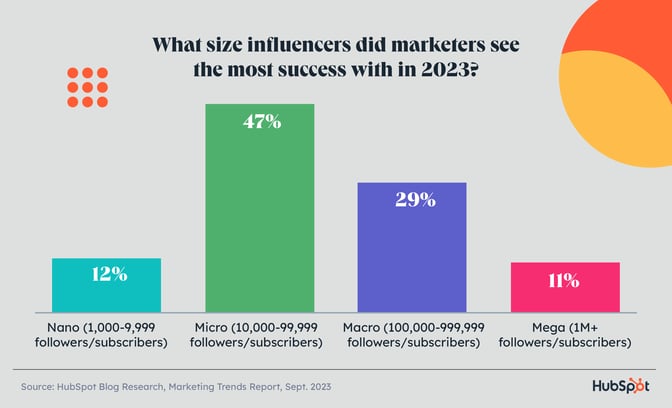
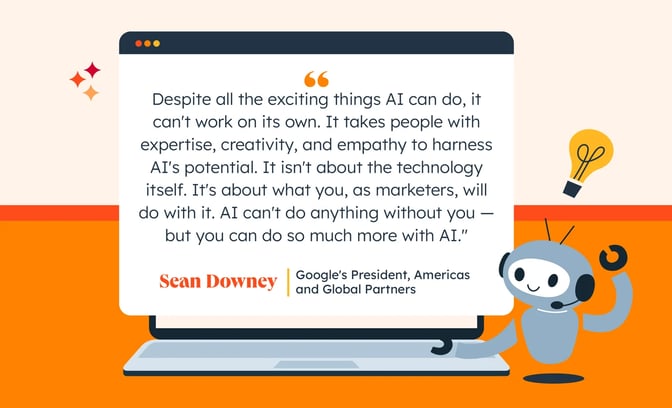
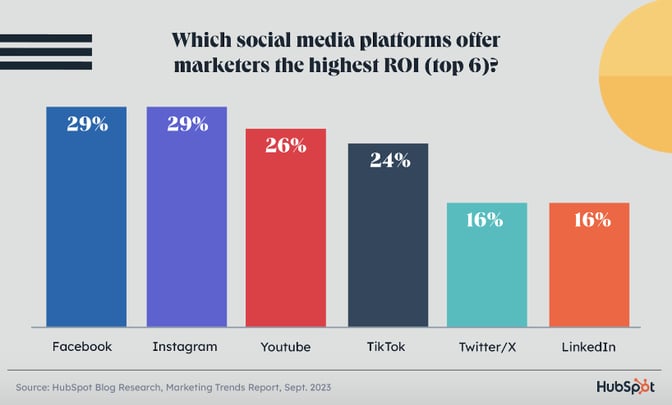






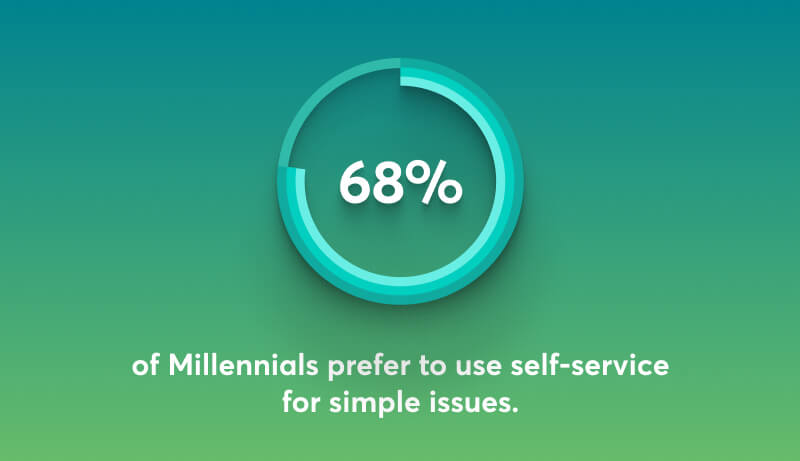

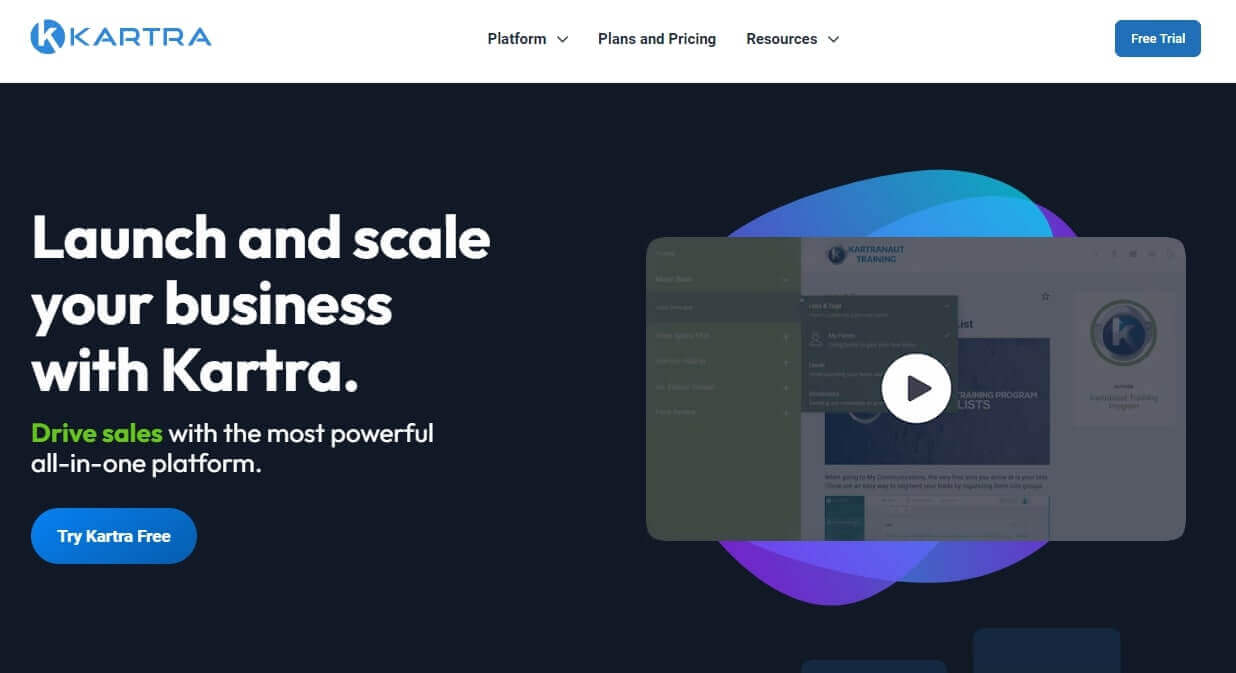


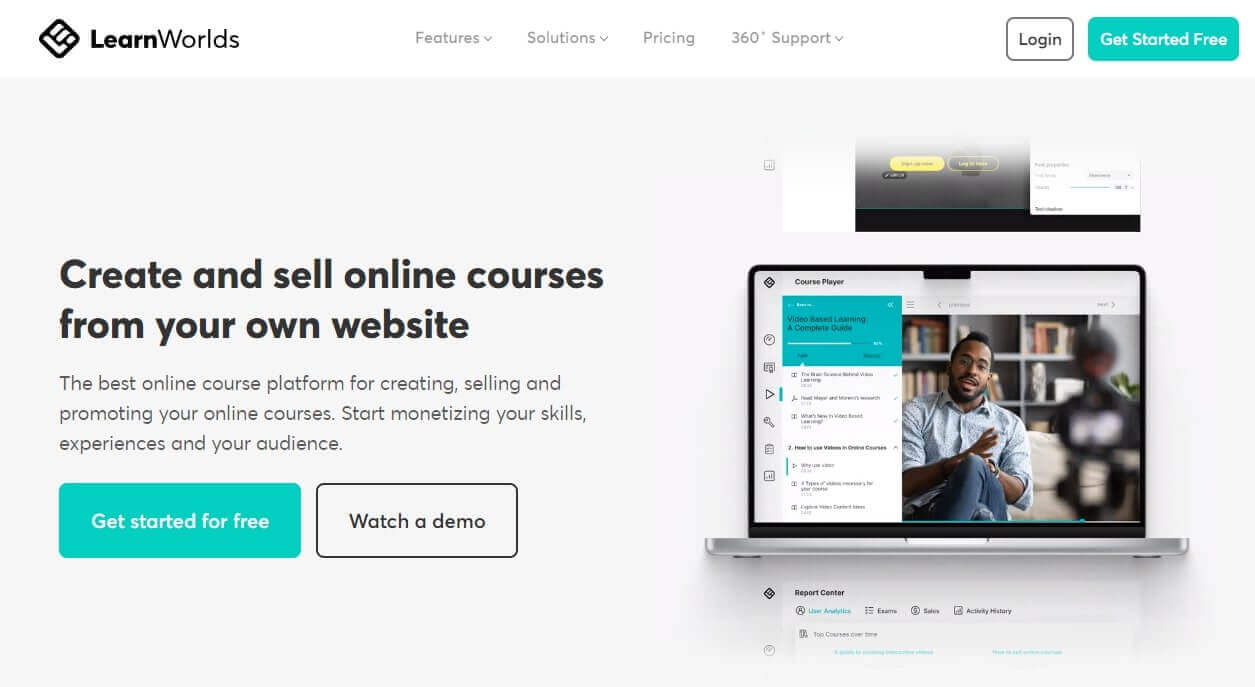

 Check out the detailed comparison guide of Kartra vs. Kajabi.
Check out the detailed comparison guide of Kartra vs. Kajabi.